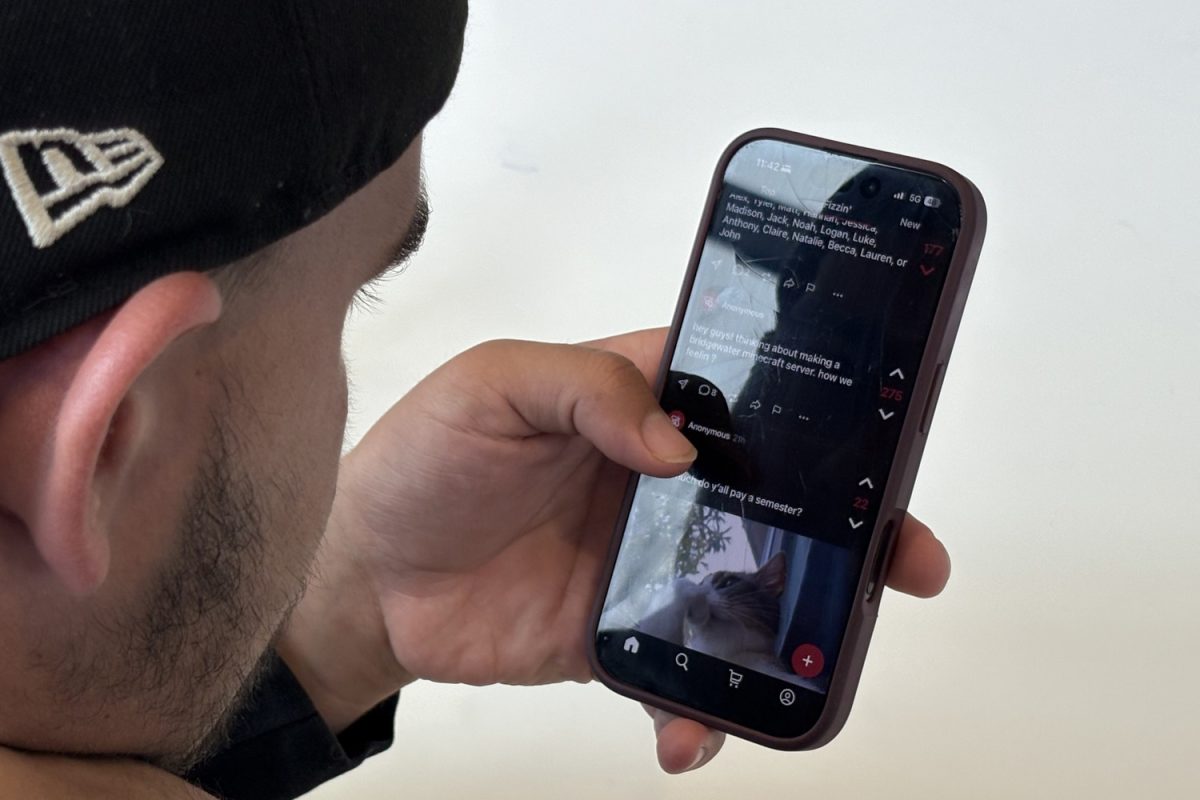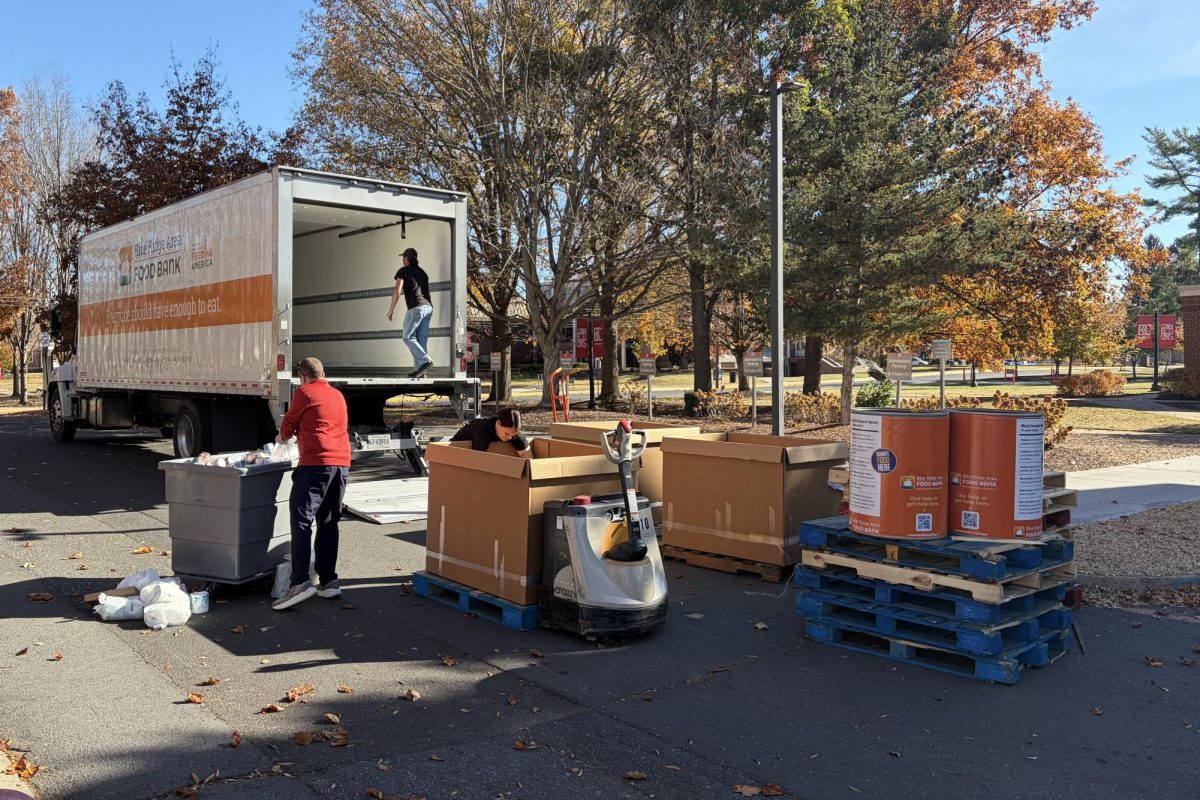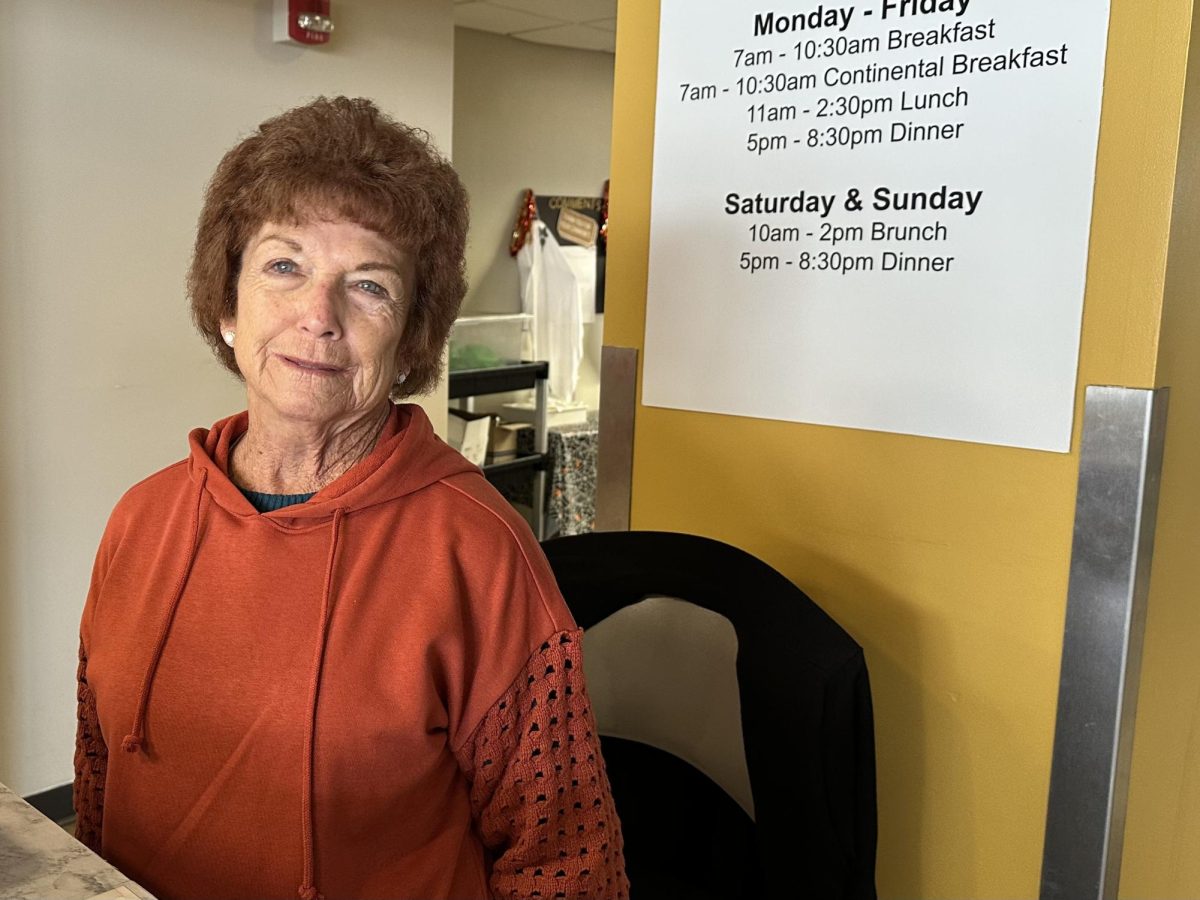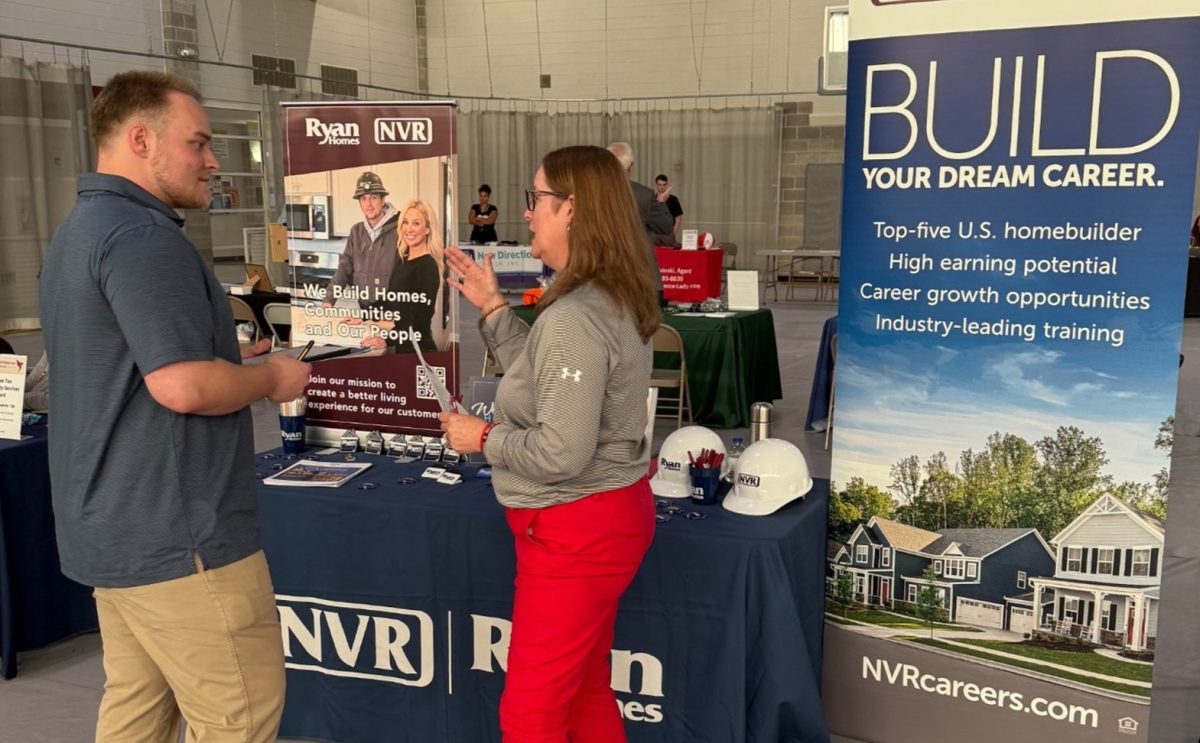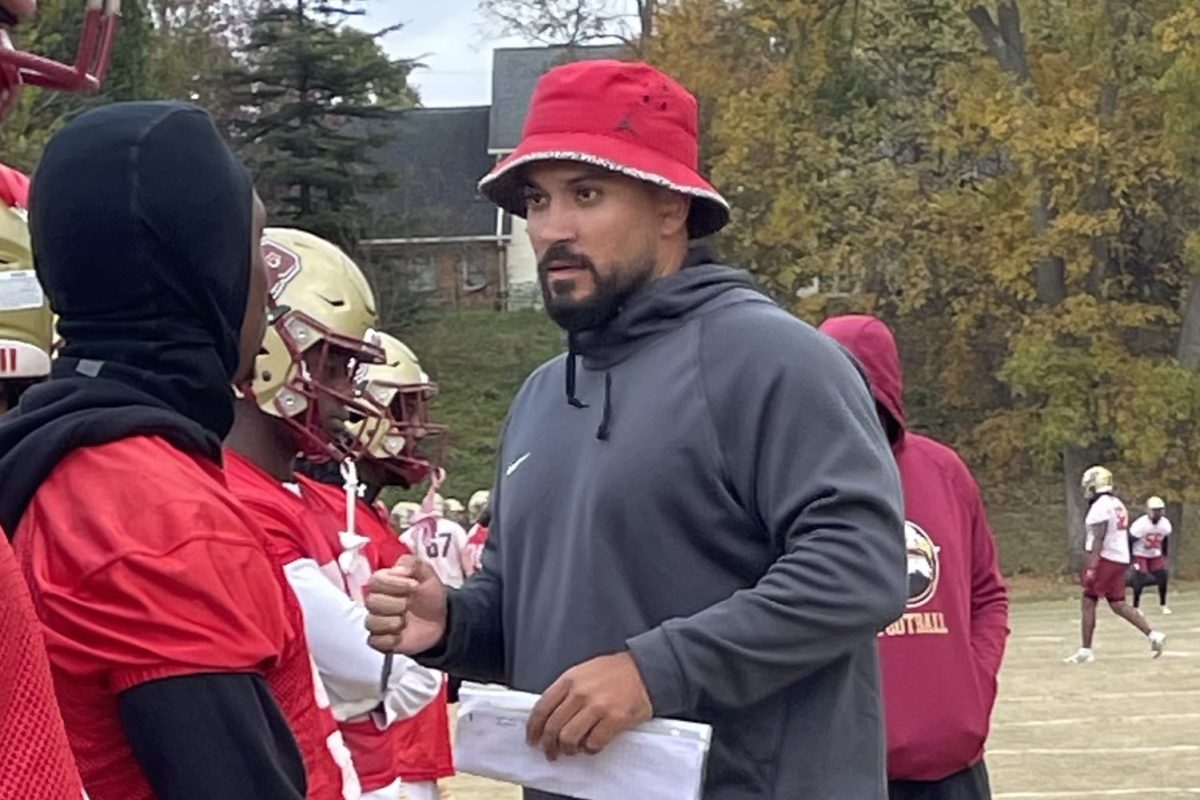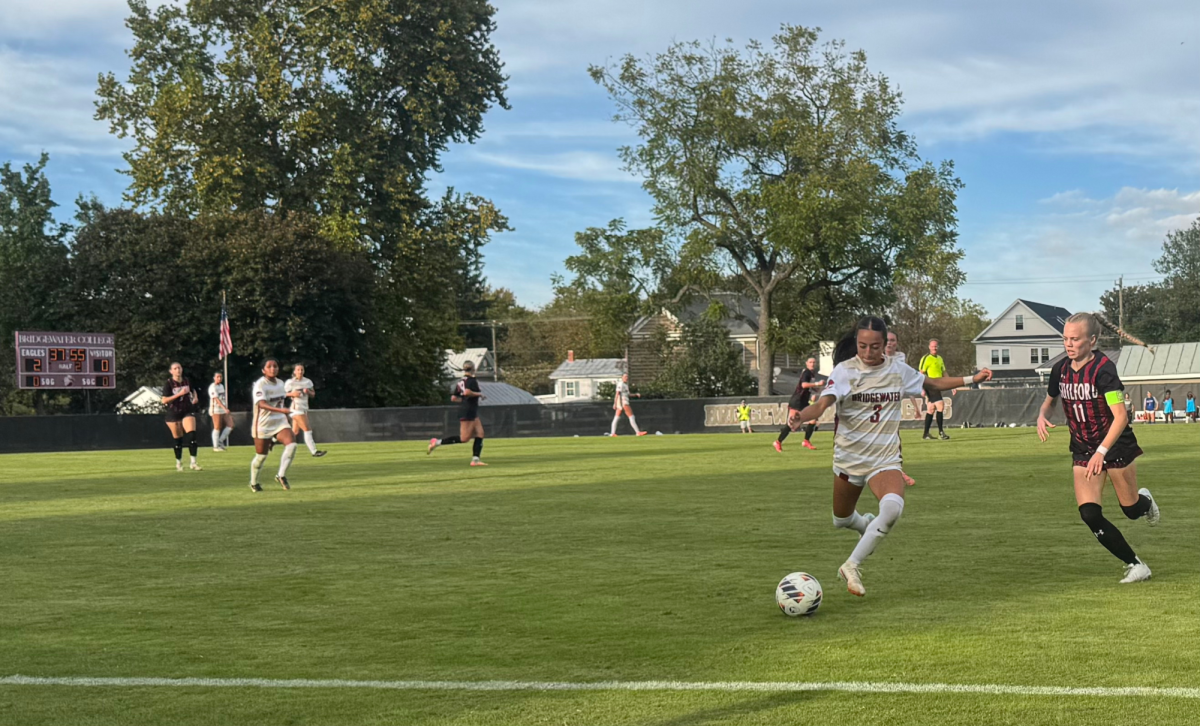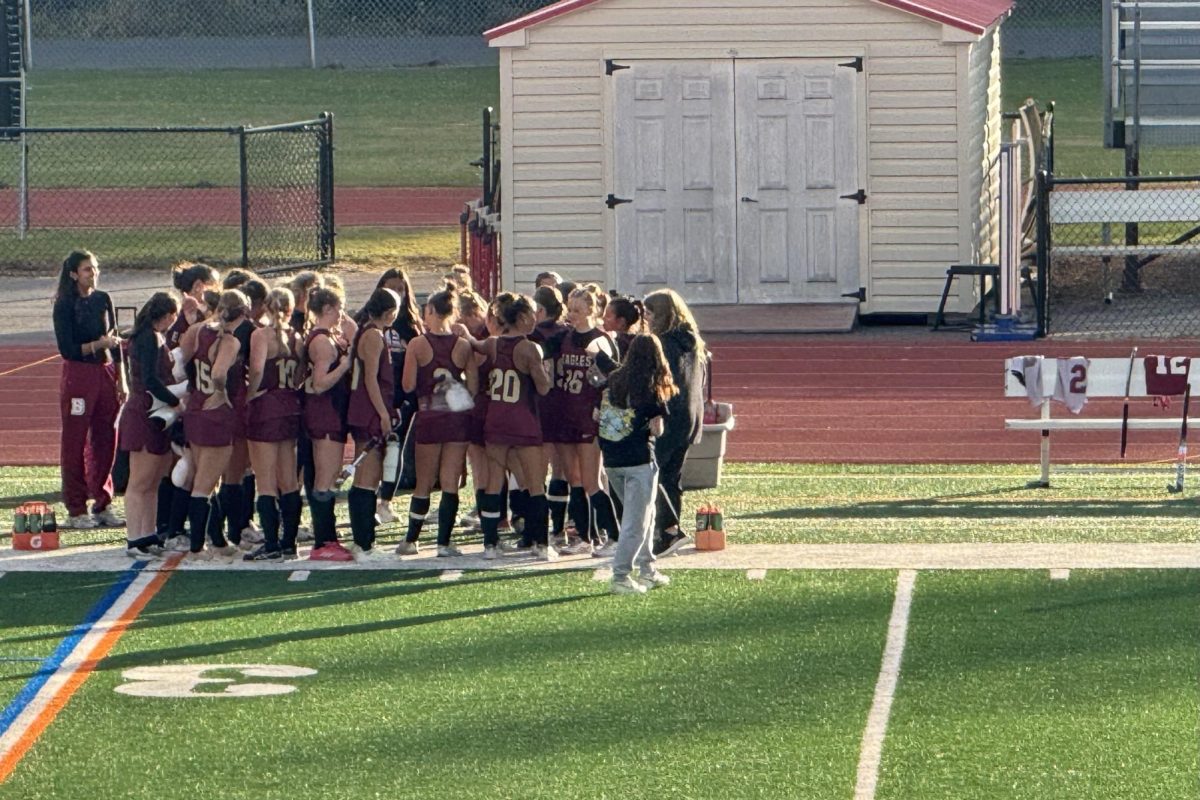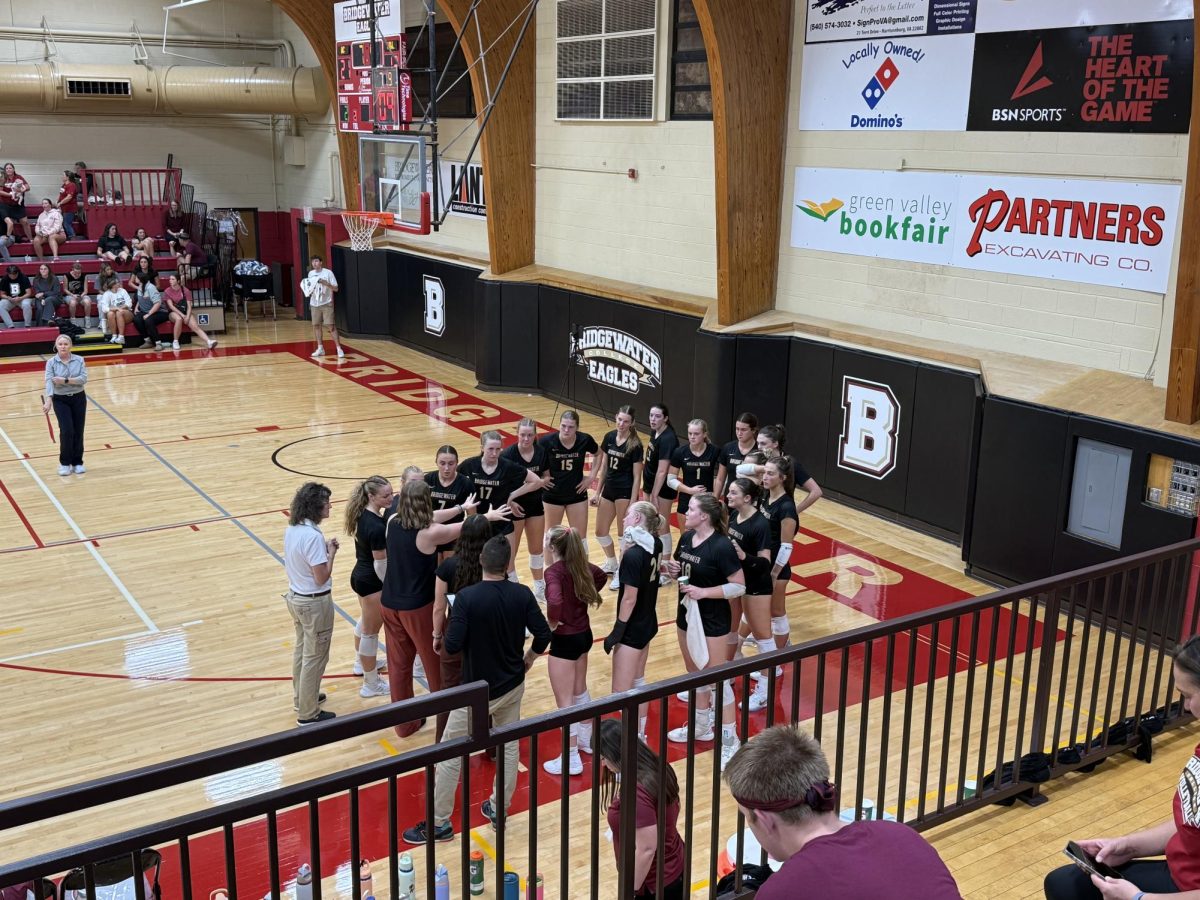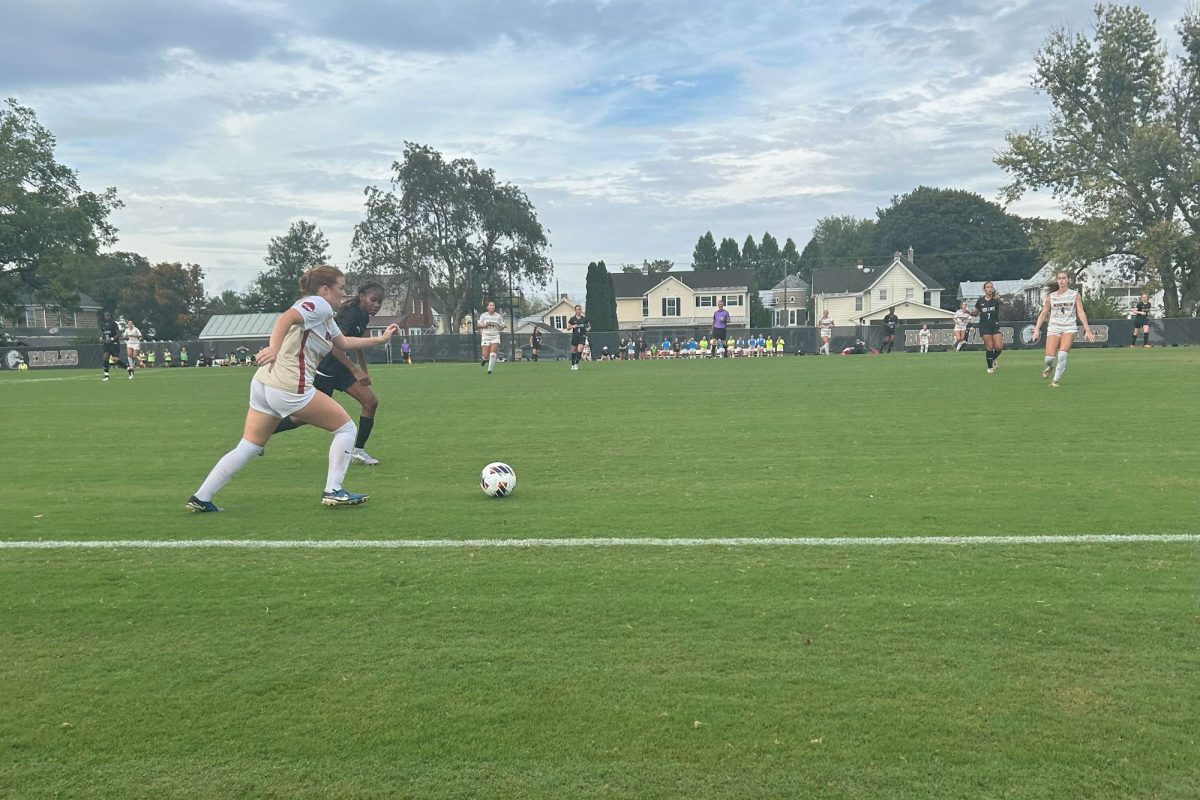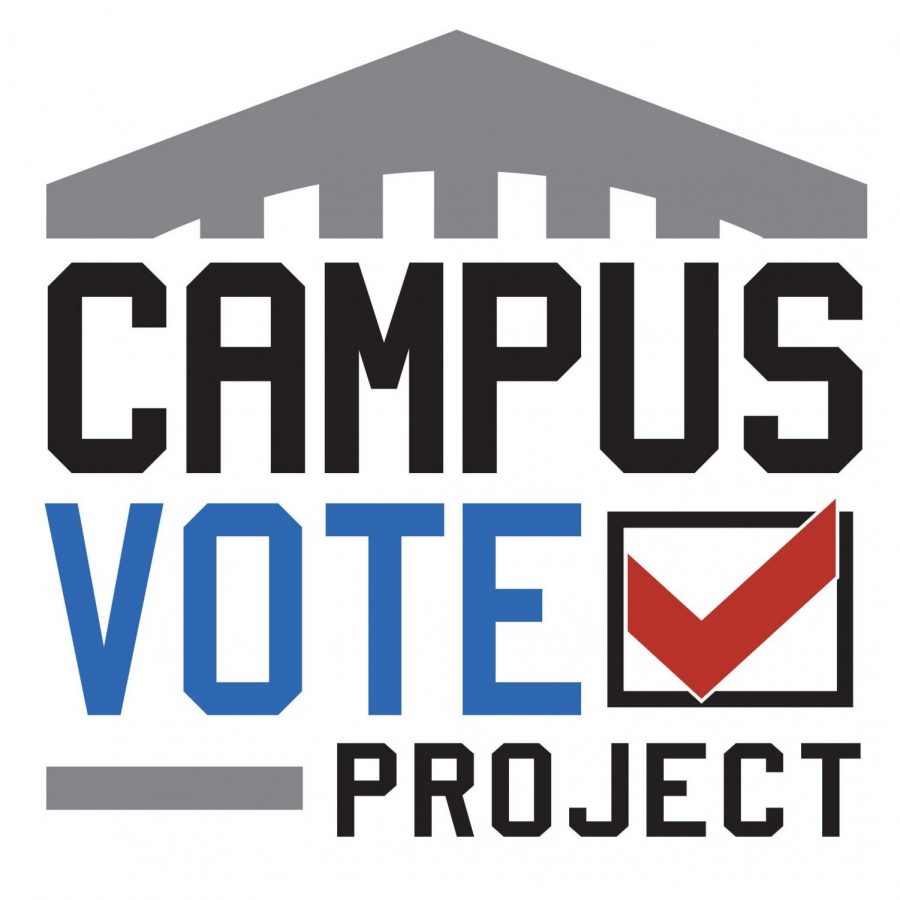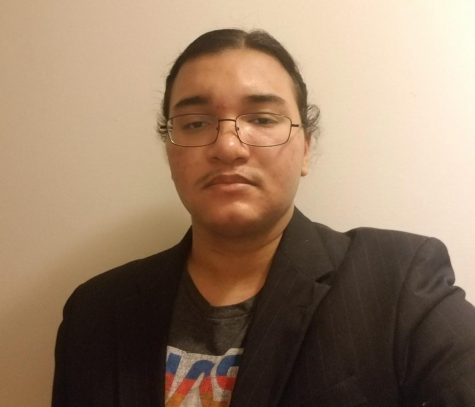Paid Fellowship Program With Campus Vote Project
Opportunity For Students to Promote Voting on Campus
September 18, 2020
Bridgewater, Va. – Campus Vote Project is offering a paid fellowship to students interested in promoting voting on their campus. Students fellows will be expected to spend ten to 15 hours a week on the program during the fall semester. As compensation, students will be paid $500 in December 2020.Campus Vote Project is a nonprofit organization that is not affiliated with any political party. The organization works with colleges throughout America, teaching students what they need to know about the voting process — including registration. Campus Vote Project currently works with over 250 colleges and universities in over 31 states. The organization reaches over three million students.
Young adults under 30, have statistically had lower voting rates than older Americans. Campus Vote Project wants to make it clear that student voters matter.
Campus Vote Project recognizes some of the challenges many young people face that discourage voting. “They are also the newest members of our democracy, move more frequently, are less likely to have a driver’s license, and are less likely to be contacted directly by political campaigns then older age groups, all of which are barriers to registering and voting,” states the Campus Vote Project website.
Supporters of the fellowship program argue that it is an excellent resume builder. “Employers are interested in student’s civic engagement,” said Teshome Molalenge, director of sustainability at the Center for Engaged Learning.
According to Molalenge, Students will be able to learn a variety of skills from this program. The skills obtained through this experience include, but are not limited to, communication, organizational management and the art of persuasion, as well as understanding how the political process in America functions.
Students who join the fellowship program will be expected to complete a variety of tasks and activities.Those tasks are meeting planning deadlines, informing peers about registration and election deadlines, participating in skill building and historical-context discussion blocks, being an active spokesperson, carrying out voter registration and voter education activities on campus and writing reflections on your work and the program.
Fellows will also have the opportunity to attend the Student Voter Summit in their state to learn new skills, discuss issues and network with other students and organizations passionate about youth voter engagement.
“That sounds super interesting, but I don’t have time for extra extra-curriculars this semester,” said junior Matt Williams.

